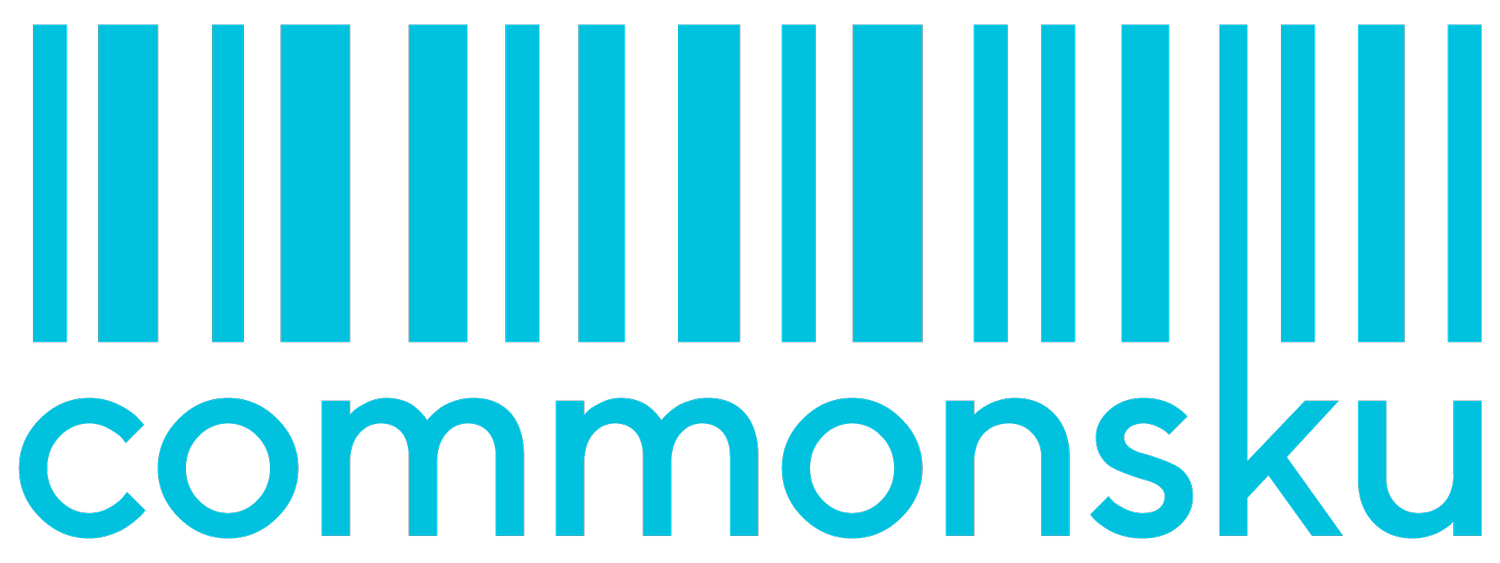Episode 81: Engagement Commerce vs. E-Commerce
The impact of e-commerce, shopping cart purchasing on the customer's mind has been tremendous, but the impact of the shopping cart on the purchasing process has been relatively small compared to the sales of the industry as a whole.
Moreover, the industry is a fragmentation of business specialties, from company store providers to e-commerce providers, to agencies, incentive houses, printers, franchised organizations and more. Where does this leave the consultative side of the business and where are the future opportunities?
In this episode, Mark Graham and I continue the conversation about why e-commerce hasn't consumed the industry and yet how it has affected B2B buying habits. We juxtapose the e-commerce experience versus the engagement commerce experience and explore ways we can fix the process + partnership side of the equation to capture more business.
We discuss the challenges of:
- Why customers choose e-commerce over a traditional distributor's selling process
- The bottlenecks in our buying process
- How to engage the customer to resolve real business objectives
- What types of exploratory questions to ask the customer to resolve friction in the buying process
- How the majority of the opportunities in the business remain to be won through the consultative approach
- and much more!
- The Future of B2B E-Commerce
- The New E-Commerce is Engagement Commerce
- KO'd by 4Imprint? Here's Why
- How to Scale Consultative Selling Through Engagement Commerce
- Is E-Commerce Taking Over the Promo Space? (Maybe the Emperor Has No Clothes?)

